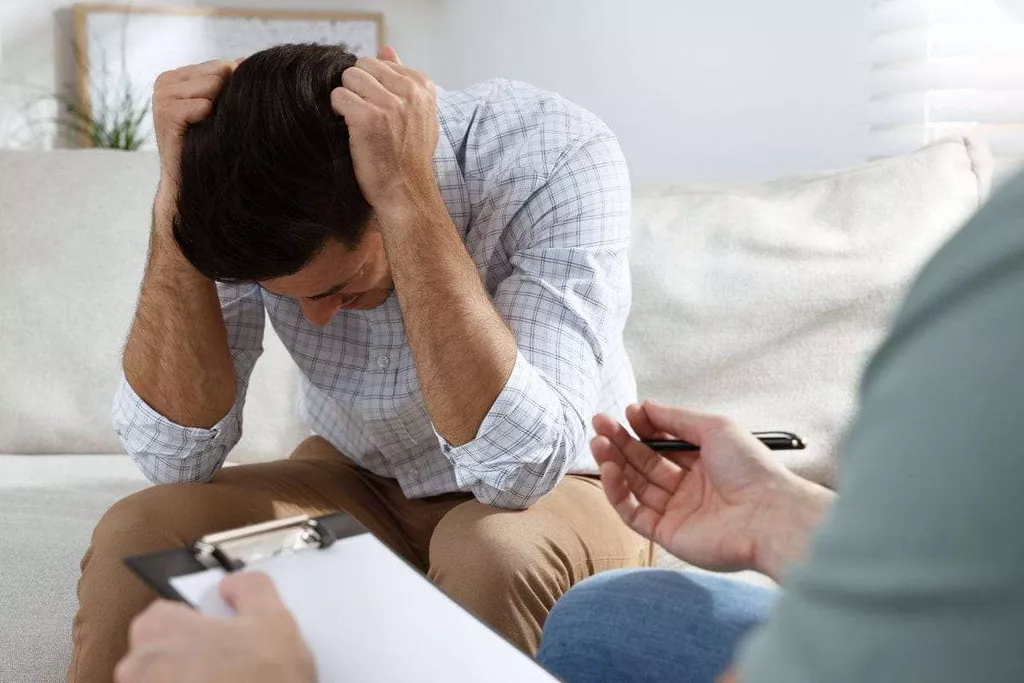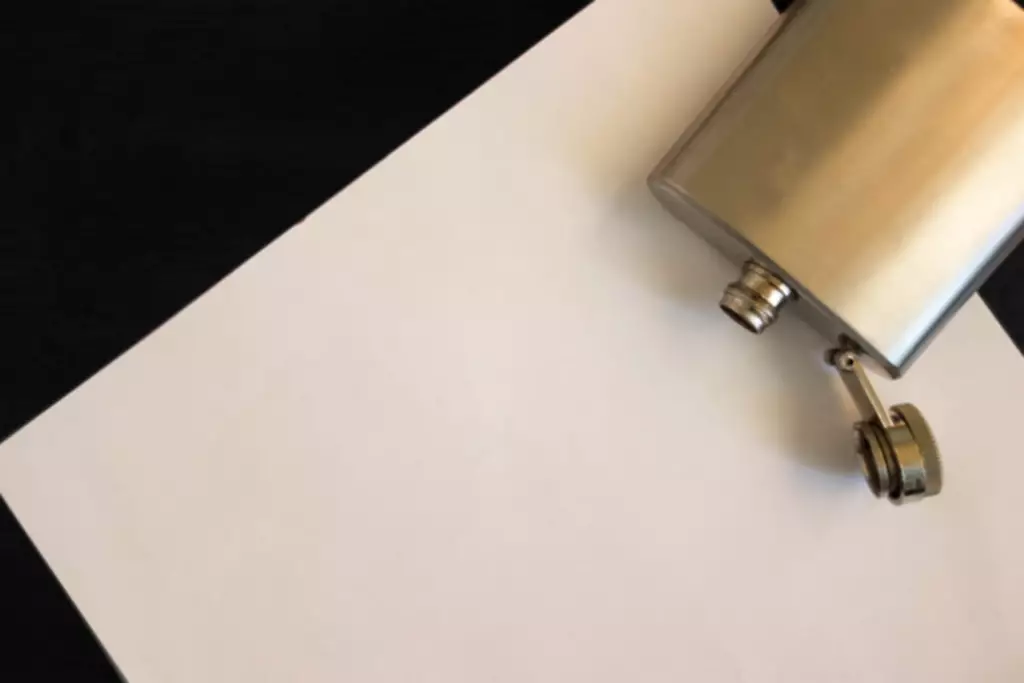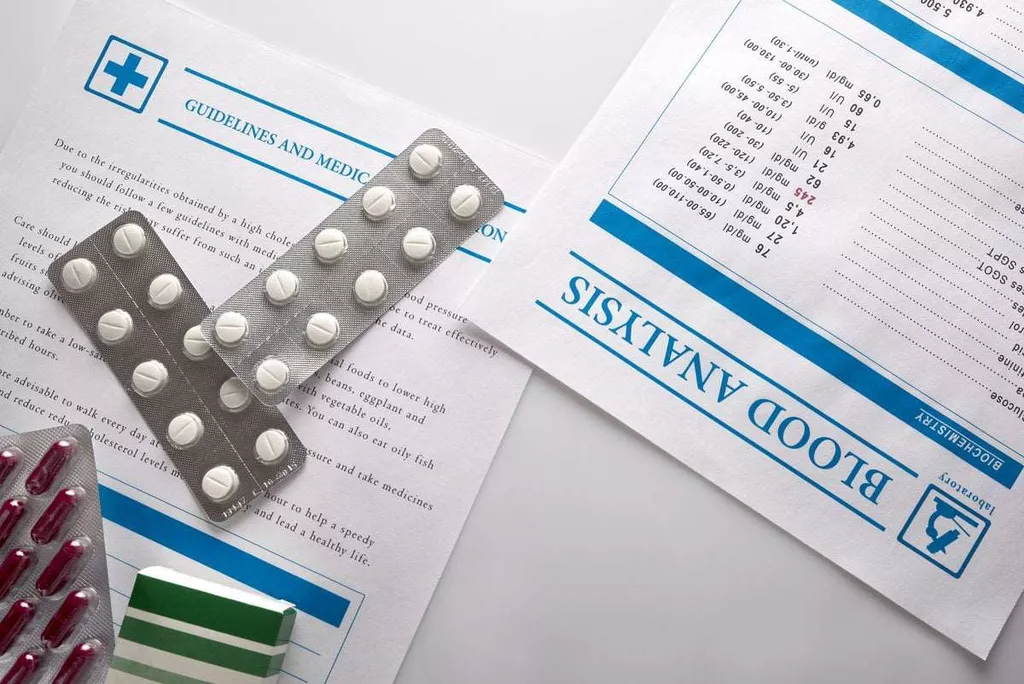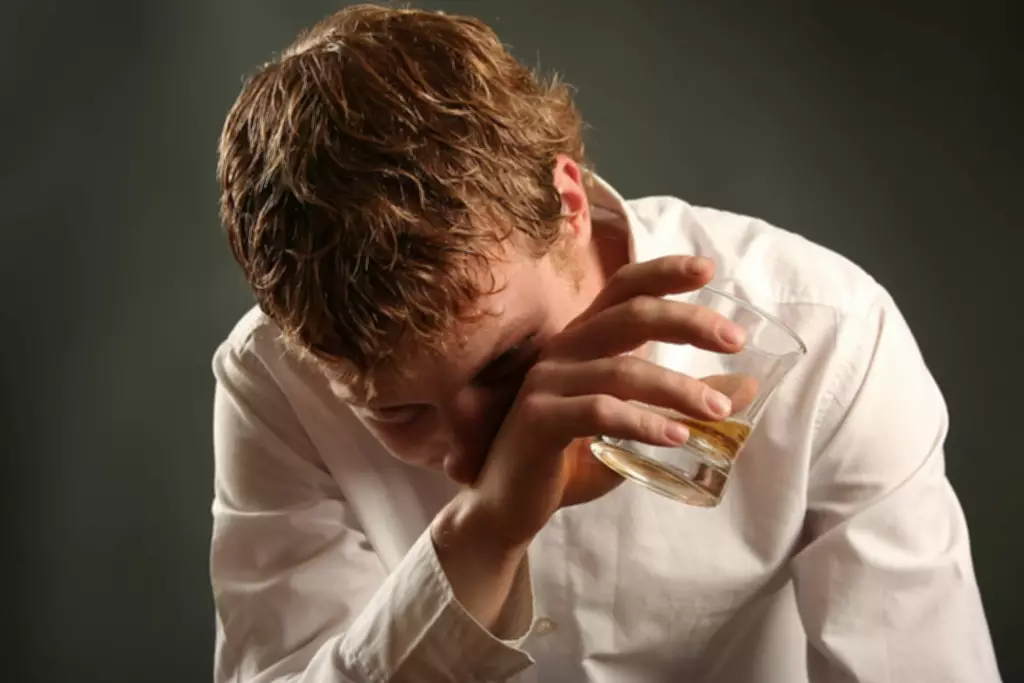Quitting Alcohol Timeline and Body Repair

Think of these strategies as your personal army, ready to combat the enemy that is constipation. These symptoms serve as a stark reminder of the effects of alcohol on our bodies, and why quitting is so important. It’s like standing at the edge of a cliff – the view (the prospect of a sober life) is breathtaking, but the fall (the withdrawal symptoms) can be dangerous. Alcohol consumption often goes hand in hand with a sedentary lifestyle. When you stop drinking, you may also find that you’re less active than before.

Feeling Better Is Priceless, That’s Why We Don’t Put A Price On It!
Alcohol is absorbed through our stomach and small intestine directly into our bloodstream. And since it is technically a toxin, the body tries to process it as quickly as possible to remove it. Having food in our stomachs can help slow down digestion, but alcohol is processed particularly quickly on an empty stomach. Once alcohol is absorbed, our body flushes out water and nutrients through our digestive tract, which dehydrates us and can cause alcohol-related diarrhea. Being dependent on alcohol can cause physical withdrawal symptoms like shaking, sweating or nausea. If you have these symptoms when you don’t drink, it can be dangerous to stop drinking completely too quickly without proper support.

Between 12 and 24 Hours
- These groups offer a sense of community and accountability, crucial in maintaining sobriety.
- It involves facing several hurdles over a long time, and sobriety fatigue is one of those.
- Enjoying alcohol socially in reasonable amounts can boost your mood and help you bond with others.
- “If you stop drinking, you shouldn’t see a worsening of constipation symptoms, per se, because alcohol shouldn’t be the thing that’s helping you poop,” De Latour said.
- If your body isn’t recovering from alcohol everyday, you’ll be able to concentrate more, notice an improvement in your memory and increase your overall function at work and at home.
Melody is here https://ecosoberhouse.com/ to help as you adjust to a life with less (or no) alcohol. As if that’s not enough, alcohol doesn’t just affect our poops, but also how often we go. Diarrhea and constipation can lead to excessive trips to the toilet. Our liver is tasked with breaking down a majority of the toxins in alcohol. It helps break down acetaldehyde into a less active compound, acetate, then water and carbon dioxide to be eliminated. While lifestyle changes and professional help often go a long way in combating fatigue, it’s imperative to recognize when medical intervention becomes necessary.
- Stopping drinking alcohol can lead to noticeable changes in your body.
- While lifestyle changes and professional help often go a long way in combating fatigue, it’s imperative to recognize when medical intervention becomes necessary.
- These symptoms don’t disappear or get better if you repeat them in the future.
- It’s important to remember that they are only temporary and will usually subside within a few days.
Physical changes after you stop drinking
Quitting drinking is hard, but it is so worth it—for your health, for your emotional well-being, and for your life. If you need help along the way, don’t hesitate to reach amphetamine addiction treatment out for support. For a long time, I turned to booze in response to pretty much any distress or discomfort.
It’s about building a routine that supports the gut’s natural processes, paving the way for improved overall well-being. Remember, the path to a healthier gut is a journey that encompasses more than just dietary changes; it’s a holistic approach to living. It should be seen as part of a healthy lifestyle, including a balanced diet and regular physical exercise. In people with liver inflammation or mild scarring, even within seven days of giving up alcohol, there are noticeable reductions in liver fat, inflammation and scarring.

So, whether you’re in the midst of alcohol detox or have successfully kicked the habit, remember to keep a water bottle close at hand. Alcohol, while often seen as a social lubricant, also acts as a lubricant of sorts for the gut. It can significantly enhance the motility of the gut, leading to changes in bowel movements. And while this increased gut activity can sometimes result in diarrhea, it can also contribute to constipation. In some cases, persistent constipation after giving up alcohol could be a sign of an underlying medical condition.
Then, the liver will become more and more abnormal, unless you stop drinking completely. In my what happens when you stop drinking alcohol opinion, abnormal liver function is a sign to stop drinking completely, immediately. Digestive diseases are conditions that affect the gut, liver and pancreas. Guts UK funds life-changing medical research into the whole digestive system. This leaflet was published by Guts UK charity in 2021 and will be reviewed in 2024. The leaflet was written by Guts UK and reviewed by experts in alcohol and the digestive system and has been subject to both lay and professional review.


